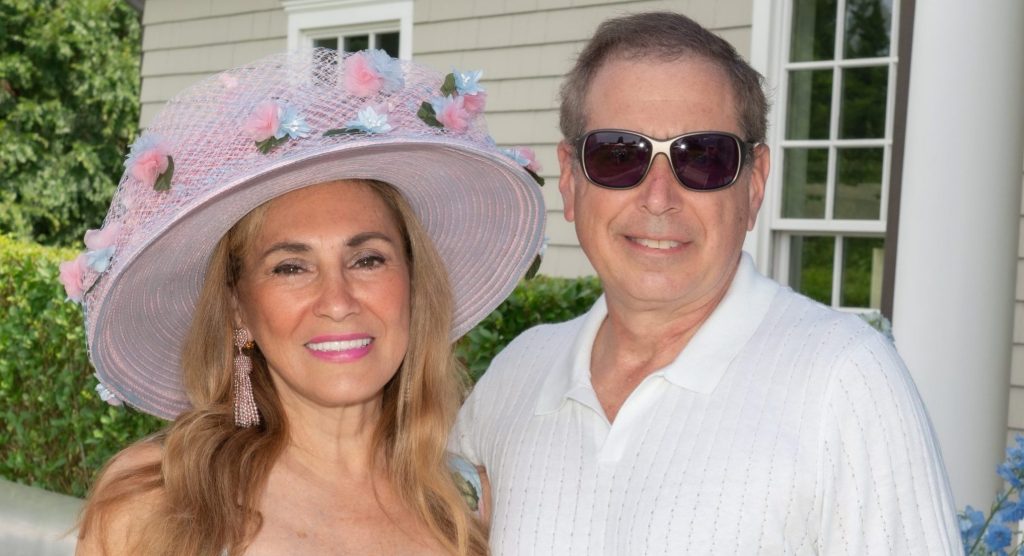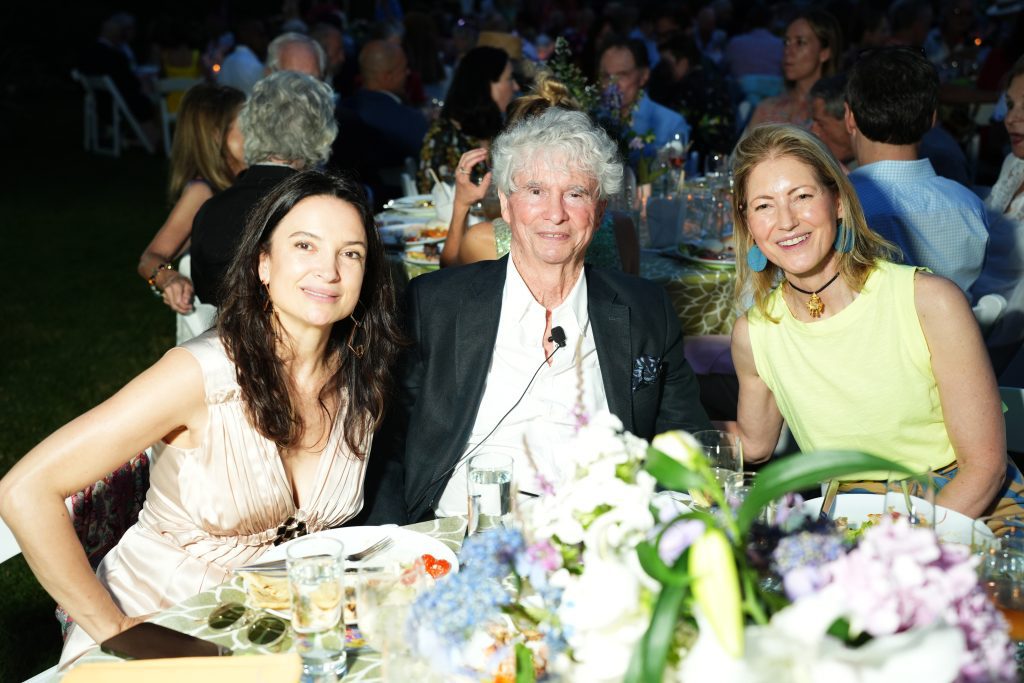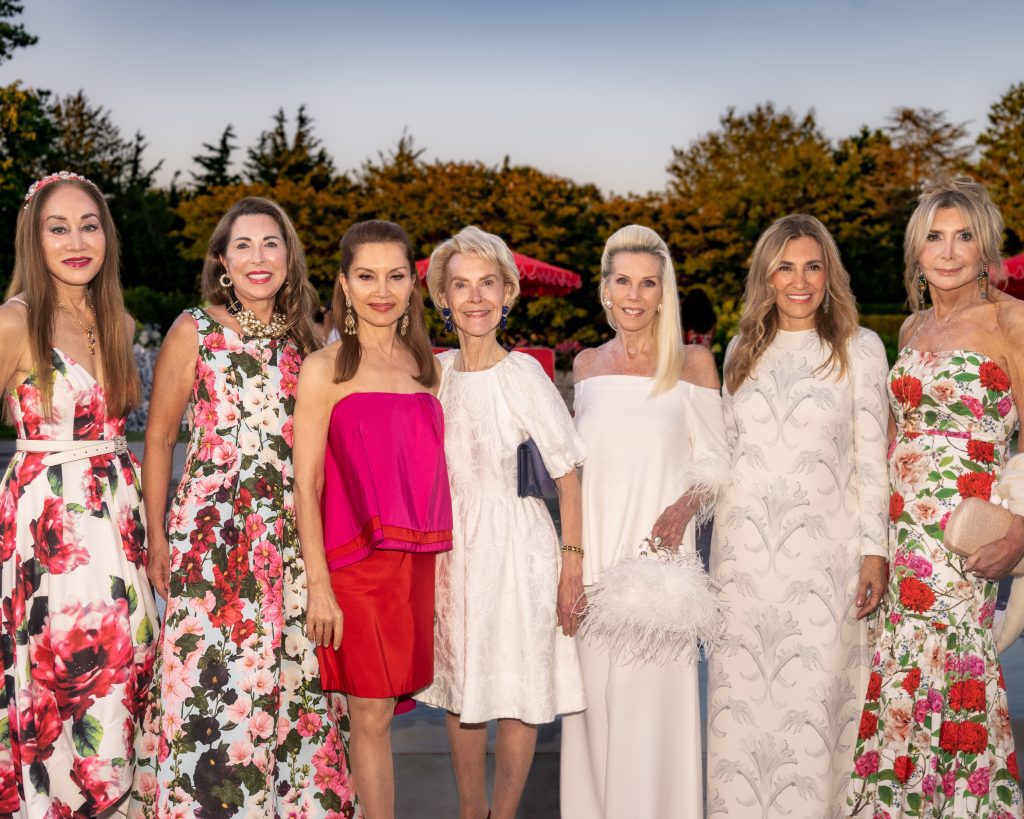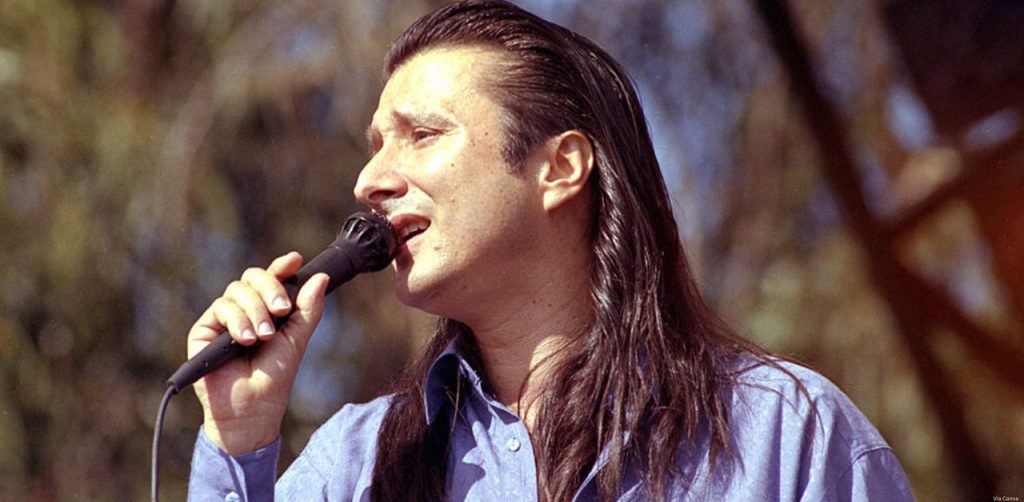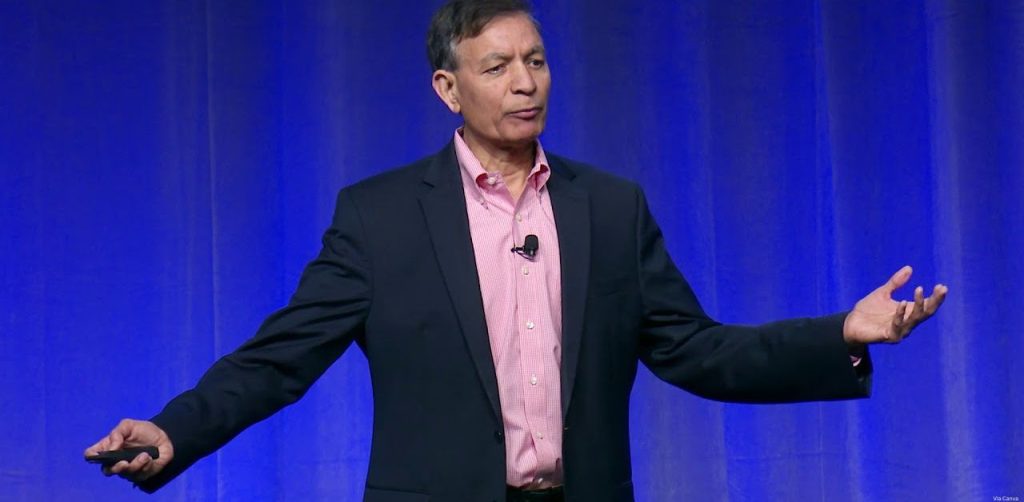Elon Musk, renowned for his relentless work ethic, holds several high-profile titles including CEO of Tesla and SpaceX, founder of Starlink and Neuralink, and owner of X (formerly Twitter). Despite his reputation for sleeping on factory floors to meet deadlines, Musk foresees a future where jobs may become optional, likening them to hobbies due to the advancements in artificial intelligence (AI).
Musk’s Vision for AI and Employment
Musk, who is actively developing AI systems at Tesla and through his 2023 startup xAI, has often spoken about the potential challenges posed by advanced AI. However, during his appearance at the VivaTech conference in Paris, he shared an optimistic view of how AI could transform the workforce.
“In a benign scenario, probably none of us will have a job,” Musk stated. “But in that benign scenario, there will be universal high income—not universal basic income—and there will be no shortage of goods or services.”
Musk, with a net worth of $187 billion according to the Bloomberg Billionaire’s Index, believes that the extensive investment in AI will likely lead to a positive outcome. He estimates an 80% likelihood of a “benign” scenario where everyone has access to ample goods and services. The real question, Musk suggests, will be about finding meaning in life if AI and robots can perform all tasks more efficiently than humans.
The Impact on Careers
The idea that AI could significantly alter the job landscape is not new, and employees are already contemplating how it might affect their careers. A PwC survey of over 54,000 people last year revealed that 13% feared being replaced by AI, while 18% believed they would need to learn new skills, which they doubted their ability to master.
Despite these concerns, many employees view AI positively. A third of respondents in the PwC survey felt that AI would enhance their work efficiency, and 21% believed it would create new career opportunities.
Musk’s perspective is that work will become more casual and optional. During the Paris conference, he remarked, “Long term… any job that somebody does will be optional. If you want to do a job as kinda like a hobby, you can do a job, but otherwise, the AI and robots will provide any goods and services you want.”
Timing and Realization
Musk did not specify when this futuristic vision might become reality, implying that it is not imminent. Therefore, workers anticipating a leisurely lifestyle will have to wait.
The Need for AI Governance
While Musk is hopeful about AI’s potential, he has also expressed caution. He was among the first to sign a letter from the Future of Life Institute last year, calling for a pause in large AI experiments and emphasizing the need for proper governance and regulation of AI technologies.
This week, Musk reiterated his warning, suggesting that if AI development goes awry, humanity could face severe consequences. However, he offered some reassurance to those concerned about being overshadowed by AI, proposing that humans might still play a crucial role in giving AI its purpose.
“Think of how our brain works: we have the limbic system, which governs our instincts and feelings, and the cortex, which handles thinking and planning. The cortex constantly aims to satisfy the limbic system. Perhaps AI will function similarly, trying to fulfill human needs and desires. Maybe we are what gives AI its meaning or purpose,” Musk explained.
Conclusion
Elon Musk’s predictions about the future of work in the age of AI are both intriguing and thought-provoking. While the notion of jobs becoming optional hobbies may seem far-fetched, the rapid advancements in AI technology make it a possibility worth considering. As Musk continues to pioneer developments in AI through his various ventures, the world watches closely, balancing optimism with caution.
For more insights into the future of technology and its impact on our lives, visit ImpactWealth.Org.









